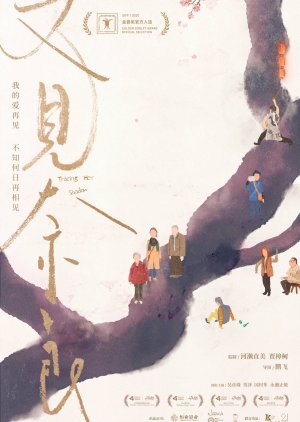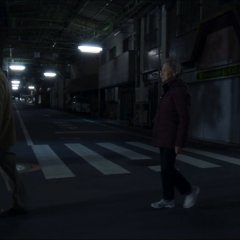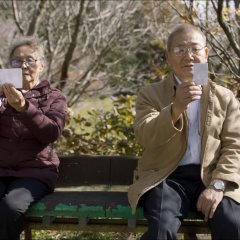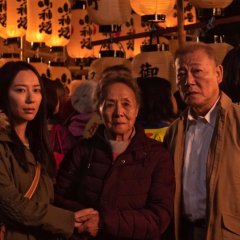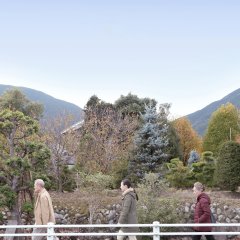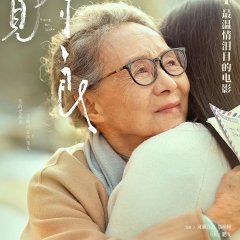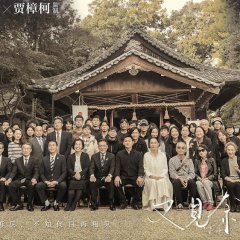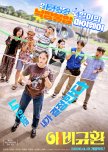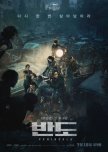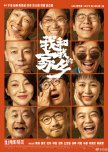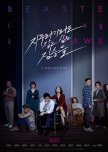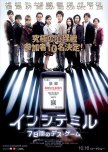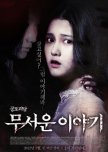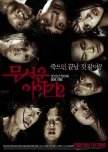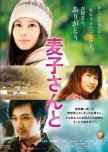- Italiano
- English
- magyar / magyar nyelv
- dansk
- Titolo Originale: 又见奈良
- Conosciuto Anche Come: You jian nailiang
- Sceneggiatore & Regista: Song Peng Fei
- Generi: Storico, Drama, Guerra
Cast & Ringraziamenti
- Wu Yan ShuChen Hui MingRuolo Principale
- Ying ZeShimizu Hatsumi/Xiaoze/Xiao Ze [Second Generation]Ruolo Principale
- Kunimura JunYoshizawa KazuoRuolo di Supporto
- Nagase MasatoshiTakeshita [Gardener]Ruolo di Supporto
- Akiyama Shintaro[Xiao Ze's ex-boyfriend]Ruolo di Supporto
- Gozu TakeoTakakura AkiraRuolo di Supporto
Recensioni

Questa recensione può contenere spoiler
Beautifully delicate movie about a sad, touching historical event
This "Seeing Nara Again" aka "Tracing Her Shadow" is based on a true, sad and very touching historical event: the "war orphans" left behind by the Japanese in formerly occupied parts of China at the end of WWII, raised by Chinese foster parents and then, from 1972 (when China and Japan re-established official relations), in part migrated to Japan in search of their biological families. That's the premise of this movie, where a Chinese granma, Chen nana (masterfully portrayed by Wu Yan Shu aka Estelle Wu, whose performance in the lovely drama "When We Were Young" had also really impressed me, BTW) flies to Japan in search of her Japanese foster daughter, who's moved back to Japan years ago and suddenly stopped writing. In her search, the granma is helped by Hatsumi / Xiao Ze, a young woman, half-Japanese and half Chinese, daughter of another war orphan, and by Yoshizawa-san, a retired Japanese policeman (and kudos to the respective actors, Ying Ze and Kunimura Jun, who were also really good).What follows is a beautifully delicate movie, filled with many meaningful scenes that illustrate both the differences between China and Japan (to name but one: when the granma sits at the kotatsu the first night, but then in following scenes we see her sitting in a plastic chair - 'cause of course she wouldn't be used to sitting on the floor!) and also the hardships and troubles these war orphans (but also Hatsumi!) had to face - all done in a very delicate way, not force-fed down the viewers' throats as is the case of many Western productions, but rather suggested in an inobtrusive manner that adds greatly to the movie's value (another example of this lovely approach could be in the few funny scenes that lighten up a bit what is of course a pretty sad story - take for example the hilarious scene at the butcher's, or when our trio trick the paramedics into leaving the ambulance unattended so that they could answer the phone).
I really would've given this movie a "perfect 10" grade, weren't it for the next-to-last scene (the one preceding the last one with the beautiful enka song).
WARNING: HUGE SPOILER AHEAD!
I really didn't understand why Hatsumi and Yoshizawa-san would give granma Chen false hope knowing that there was none...it felt cruel and really out of place to me.../.___.\
Apart from that scene, though, this is a real masterpiece and I therefore give it a well-deserved "9"!
Wholeheartedly recommended!
Questa recensione ti è stata utile?

